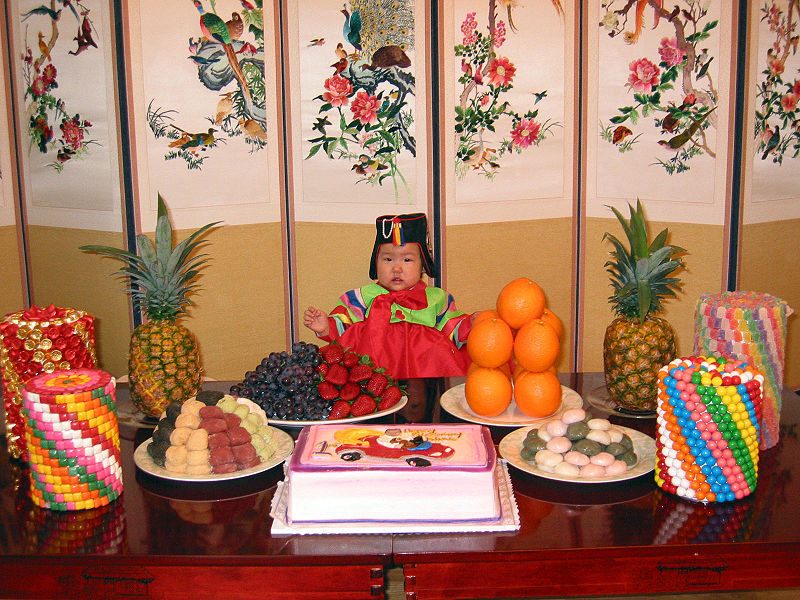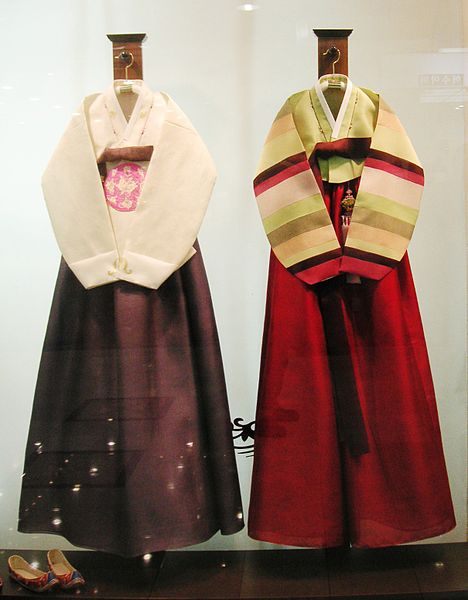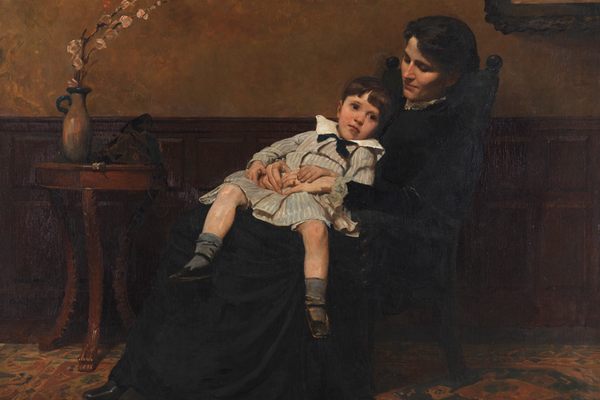Happy New Year! You Are Now a Year Older in Korea
In the Korean peninsula, every person turns a year older on New Year’s.

The New Year might be the worst time to have a birthday. A birthday party in January struggles to attract attendees, you probably get combined holiday and birthday presents, and everyone else is too preoccupied thinking of all the resolutions they’re going to break to care about your big day.
Unless, that is, you’re from the Korean peninsula where everyone cares about your New Year birthday—because it is everyone’s birthday.

Koreans essentially have two separate celebrations for what the Western world would consider a birthday: their date of birth, and New Year’s, when everyone turns a year older. Interestingly enough, birthdays and age aren’t related to one another. Both of these celebrations are important, but they do not hold the same weight.

Eunjoo Shin, a South Korean citizen from Gunsan who resides in Seoul, says “I love my individual date of birth, but we consider New Year’s more important.” This importance is derived from the Korean emphasis on collectivity.
Collectively turning a year older gives Koreans a very particular concept of age. Once born, a baby is considered to be one year old, accounting for the time spent in the womb. The baby will turn two not a year after it is born, but on New Year’s. This means that Korean babies born on December 31st turn two on January 1st , even though they would be one day old in the rest of the world.

In the Korean peninsula, this difference is extremely important. Korean culture organizes hierarchical social relationships based on age. Juniors must treat seniors with respect, so knowing someone’s age is critical. Everyone born on the same year shares the same age, so they are equal. But a person born a day before the new year will be a year older than a person born a day after, and will thus be their senior.
What happens on a person’s date of birth? It is still an occasion to celebrate, it’s just not as big. Shin says that she usually has a small party with around five people, or goes out to eat with friends and family.

Only certain birthdays, like the dol, or one-year birthday, and the 60th birthday, are considered of great importance. This is because for most of the peninsula’s history, many people died before these birthdays due to lack of medicine and markedly varying temperatures. If a baby survived after the first year, the chance of mortality decreased significantly, so it was an occasion for a great party. Likewise, it was not common for someone to live over 60, so it was seen as proper to revere elders who did.
Even the date of birth can be subject to variations. Most people today determine their birthday based on the solar calendar, as we do in the West. This birthday, yangryeok saeng-il, always falls on the same date. But some people, especially the older generations, still determine it based on the lunar calendar. This means that the date they celebrate their birthday, eumryeok saeng-il, changes every year.
*Update (1/3/17): The article originally referred to tteokguk as a seaweed soup eaten in the New Year. Tteokguk is a dumpling soup with rice cake slices.
*Correction: This story has been updated with more precise information about the nature of Korean birthdays.









Follow us on Twitter to get the latest on the world's hidden wonders.
Like us on Facebook to get the latest on the world's hidden wonders.
Follow us on Twitter Like us on Facebook